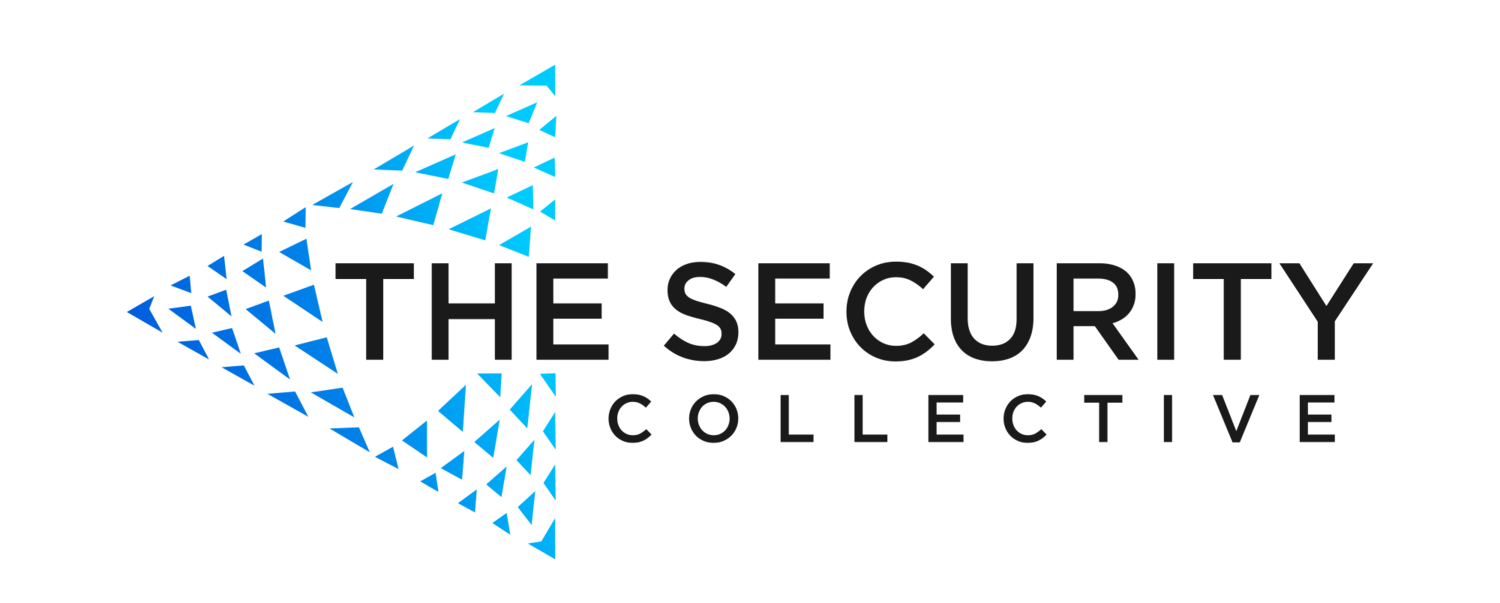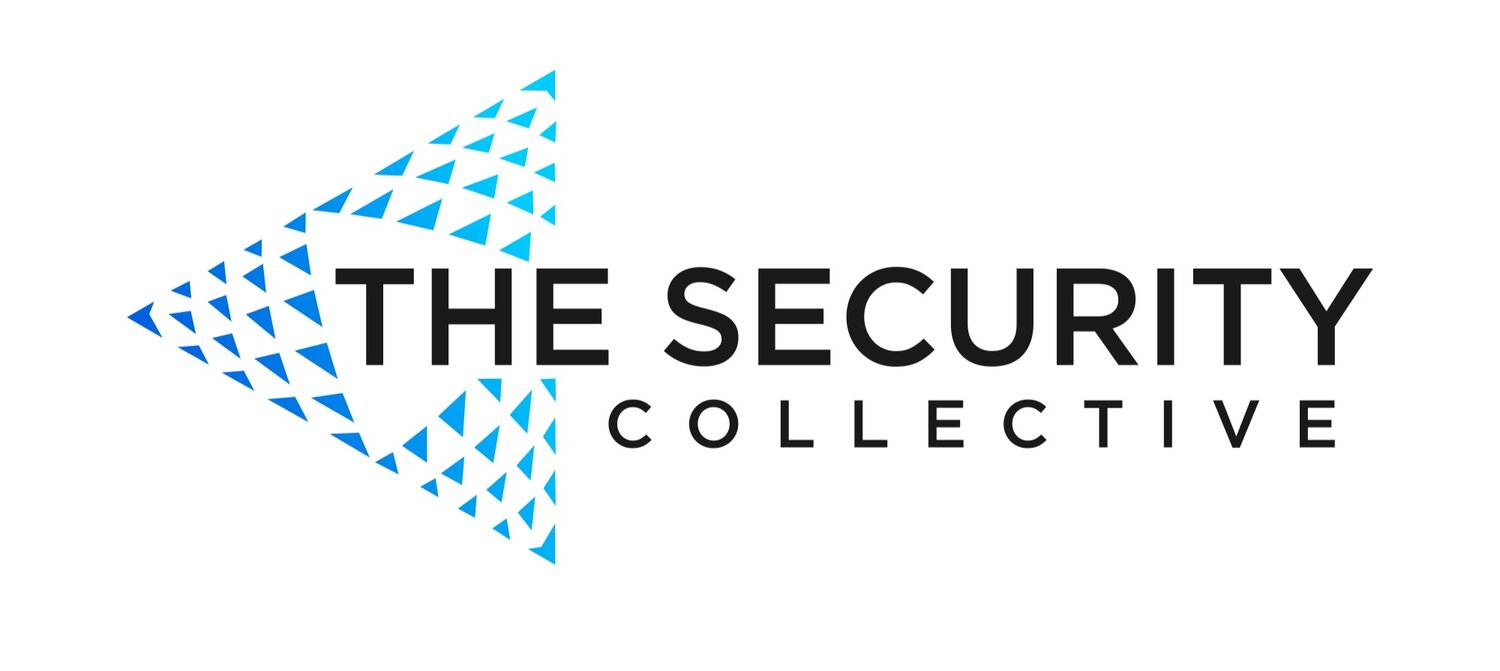Is it time to rethink your interview process?
Last week I was chatting to a friend about the new CISO role he is about to take on. He mentioned that he had been through 11 interviews with 11 different stakeholders before being offered the job. It got me thinking about the process we go through to hire leaders. I’m often talking with CIO’s about thinking hard as to why they’re hiring before they go into the process of writing a job description, reviewing a shortlist and interviewing candidates. This ‘why’ must drive the hiring decisions. But meeting someone for 1 hour feels limited if we are to trust their ability to meet our ‘why’ (and for them to trust our ability to meet theirs). Furthermore, even if a candidate is meeting a lot of people for 1 hour each, the problem remains. It’s a quick judgement. Many might say gut feel is a good measure and first impressions are usually right. But an interview is an artificial situation where everyone is on their best behaviour (usually) and the conversation is quite structured and contained.
What if we were to rethink our interviewing approach? What if interviews for senior leaders went for 3 hours or a whole day? What if we still conducted multiple interviews for a CISO role but 5 out of the 6 interviews were with the CIO? It’s likely you would reserve this treatment for your preferred candidate who was at the pointy end of the process. Given the important role that security leaders play in protecting our organisations (and in some cases ensuring our licence to trade), making time to really meet and understand each other could contribute to retention and more appropriate hiring.
Some people are great at interviews and they can quickly articulate their work experience, skills, attitude, approach and drive. But they can’t keep up the energy for 3 hours and eventually they will revert to some of their day to day qualities and conversations. Others see an interview as if it were an enforced public speaking opportunity bringing all the anxiety, fear and loathing of a keynote speech. Those who are initially uncomfortable would be able to relax into the conversation if given more time. Giving candidates the space to feel comfortable that they have had enough time to interview you as well as answer all your questions often can’t be achieved in a one-hour session at the end of a busy day. Testing their ability to interact with the team, gel with their peers and even test their response in a high-pressure situation can all be achieved by adding some more time and planning to the recruitment process. It could save you and the candidate time and money to know more about each other now before committing to a future together.
When it comes to effective hiring, especially of senior leaders, should you rethink your interview process and at a minimum give them more of your time?

